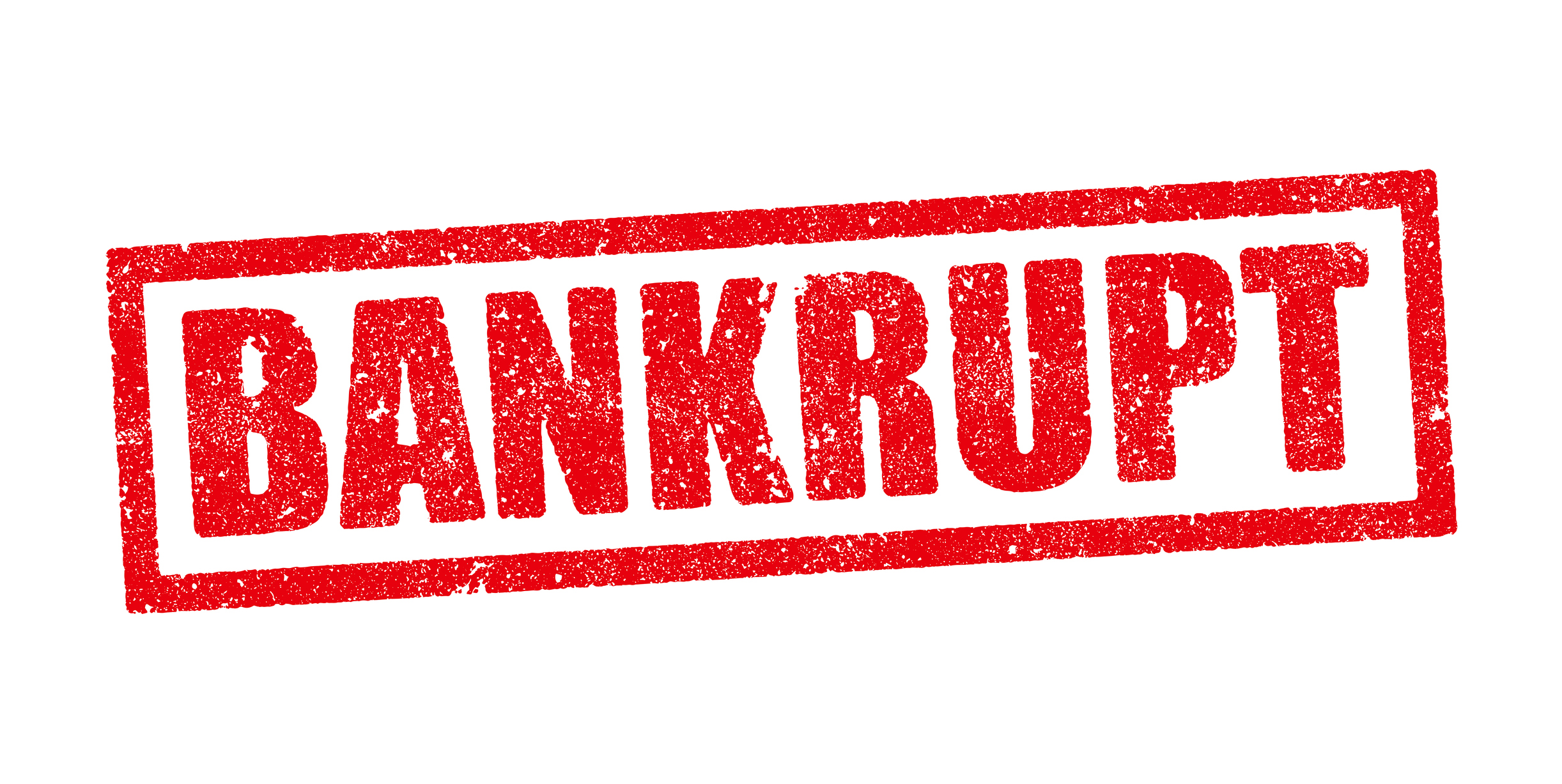
Chapter 7 bankruptcy is a legal process designed to help individuals or businesses eliminate most types of debt by liquidating non-exempt assets to repay creditors. Here’s an overview of the events and timeline typically involved:
Pre-Filing
Assessment and Eligibility:
Financial Evaluation: The individual or business assesses their financial situation, considering bankruptcy as an option.
Eligibility Confirmation: Ensuring they meet Chapter 7 criteria, including passing the means test, which assesses income against state median income levels.
Filing Process (Duration: Immediate to a few days):
Filing the Petition: Submitting the necessary forms, including financial information, debts, assets, income, expenses, and a list of creditors, to the respective bankruptcy court.
Automatic Stay: Upon filing, an automatic stay halts most creditor actions, including collection attempts, lawsuits, foreclosures, and wage garnishments.
Post-Filing
Meeting of Creditors (Duration: 20-40 days after filing)
Meeting Scheduling: The court schedules a meeting where the debtor, trustee, and creditors can question the debtor about their finances and assets.
Attendance and Questioning: The debtor must attend this meeting and answer questions under oath about their financial affairs. Creditors may attend, but often don’t.
Asset Liquidation and Debt Discharge (Duration: 3-6 months):
Asset Liquidation: The appointed trustee identifies non-exempt assets for liquidation to repay creditors fairly. Exempt assets, such as essential belongings and certain property, are retained by the debtor.
Debt Discharge: Most unsecured debts, like credit card debt and medical bills, are discharged after liquidation. This typically happens within a few months of filing.
Financial Management Course (Duration: Typically within 60 days after the Meeting of Creditors):
Mandatory Course: Debtors must complete a financial management course from an approved agency and file a certificate of completion with the court.
Case Closure (Duration: Approximately 3-6 months from filing):
Final Discharge: After completion of all required steps and compliance with court directives, the court grants a discharge, freeing the debtor from the obligation to pay discharged debts.
Case Closure: The case is officially closed, marking the conclusion of the Chapter 7 bankruptcy process.
Conclusion
The timeline for a Chapter 7 bankruptcy case can vary based on individual circumstances, court caseloads, and the complexity of the case. However, from the initial filing to the discharge of debts, the process typically spans around 3 to 6 months.


Get a Free Bankruptcy Case Evaluation